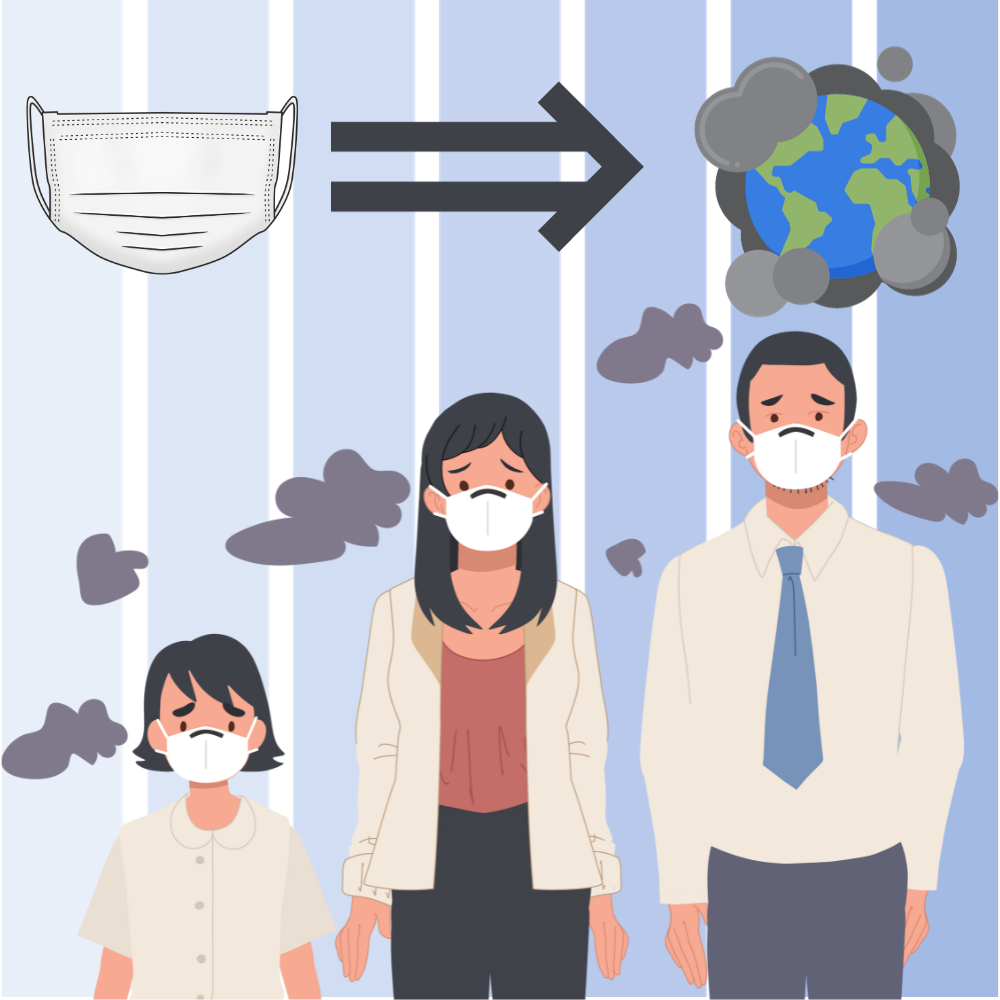Because
Definition
Because is a conjunction used to introduce a reason or explanation for something. It is commonly used to indicate the cause of a statement or action.
Parts of Speech
- Conjunction
Pronunciation
American English
- IPA Pronunciation: /bɪˈkɔz/ or /bəˈkəz/
- Respelling: bih-KAWZ or buh-KUHZ
British English
- IPA Pronunciation: /bɪˈkɒz/
- Respelling: bih-KOZ
Etymology
The word "because" originates from Middle English, derived from the phrase "by cause," which meant "by reason of." The term evolved from Old French "par cause," meaning "for the reason that."
Derivatives
- Because of (phrase)
- Because that (archaic phrase)
- Because why (colloquial)
- Because clause (noun)
- Because-of (noun, informal usage)
Synonyms
- Since
- As
- Due to
Antonyms
- Despite
- Although
- Nevertheless
Usage
The term "because" is frequently used to explain a reason or cause for an action or state. For example, "He left early because he was tired," or "They canceled the event because of the weather."
Related Terms
- Since: Used to introduce a reason or cause, similar to "because."
- As: Used to explain a cause, reason, or purpose.
- Therefore: Used to introduce a logical result or conclusion.
Detailed Definitions
Conjunction
- For the reason that; due to the fact that: Used to introduce the cause or reason for something.
- Example: "She stayed home because she was feeling unwell."
- To indicate the explanation or motivation behind an action: Refers to the cause behind a particular decision or event.
- Example: "They celebrated because it was her birthday."
because
.png)


🇨🇳 Mandarin (Chinese)
- 因为 (yīn wèi)
- IPA: /jɪn weɪ/
- Respelling: yin-wei
🇮🇳 Hindi
- क्योंकि (kyonki)
- IPA: /kjoːŋ.kiː/
- Respelling: kyong-kee
🇪🇸 Spanish
- porque
- IPA: /poɾˈke/
- Respelling: por-ke
- ya que (meaning "since" or "given that")
- IPA: /ʝa ke/
- Respelling: ya ke
🇫🇷 French
- parce que
- IPA: /paʁs kə/
- Respelling: pars ke
- car (more formal)
- IPA: /kaʁ/
- Respelling: kar
🇸🇦 Modern Standard Arabic
- لأنّ (li'ann)
- IPA: /liʔan/
- Respelling: li-an
🇧🇩 Bengali
- কারণ (kāraṇa)
- IPA: /kɑːrɔn/
- Respelling: kaaron
🇷🇺 Russian
- потому что (potomu chto)
- IPA: /pətʌˈmu ʃtə/
- Respelling: puh-toh-moo shtoh
🇵🇹 Portuguese
- porque
- IPA: /puɾˈkɛ/
- Respelling: pur-keh
🇮🇩 Indonesian
- karena
- IPA: /kəˈrə.na/
- Respelling: keh-ruh-na
🇩🇪 German
- weil
- IPA: /vaɪ̯l/
- Respelling: vail
- da (more formal)
- IPA: /daː/
- Respelling: dah
🇯🇵 Japanese
- なぜなら (nazenara)
- IPA: /nazenaɾa/
- Respelling: na-ze-na-ra
🇻🇳 Vietnamese
- vì
- IPA: /viː/
- Respelling: vee
🇰🇷 Korean
- 왜냐하면 (waenya-ha-myeon)
- IPA: /wɛː.nja.ha.mjʌn/
- Respelling: wae-nya-ha-myun
🇹🇷 Turkish
- çünkü
- IPA: /ˈtʃœn.ky/
- Respelling: chun-kyoo
🇵🇰 Urdu
- کیونکہ (kyunkah)
- IPA: /kjʊŋ.kə/
- Respelling: kyoon-kah





